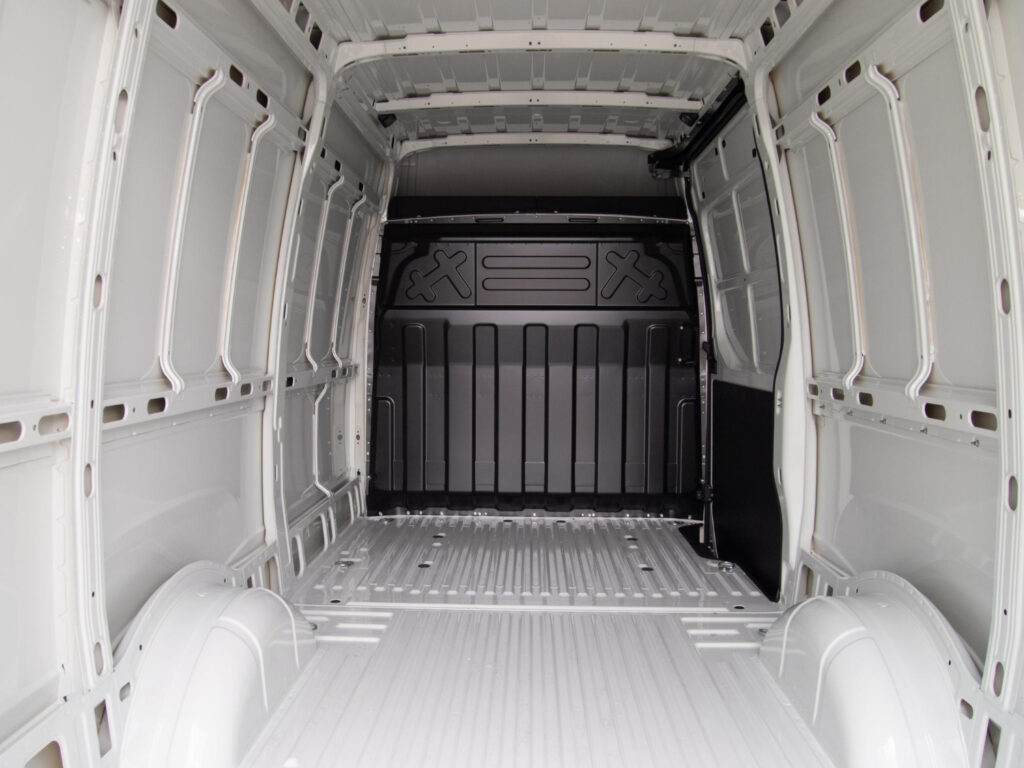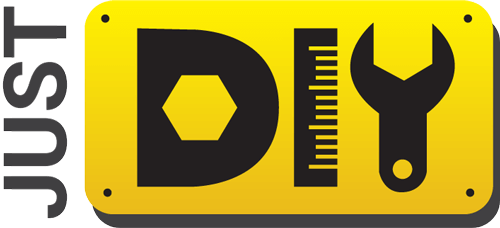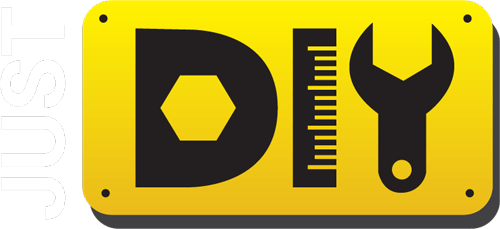DIY Bed Liner vs Professional
As a proud truck owner, I understand the importance of keeping my truck bed in top-notch condition. It's not just about aesthetics; it's also about ensuring the longevity of my trusty vehicle. So, I found myself facing a crucial decision: should I take the DIY Bed Liner route for a bed liner, or should I invest in a professional installation?
In this comprehensive guide, let's dive into the details of both options, weighing their pros and cons. By the end of this article, I hope to equip you with the knowledge you need to make an informed choice that suits your budget, personal preferences, and long-term care goals for your beloved truck.
Understanding Bed Liners
Before diving into the choice between DIY bed liners and professional installations, it's crucial to have a solid understanding of what bed liners are and why they are essential for your truck.
What is a Bed Liner?
A bed liner, in the context of automotive accessories, refers to a specialized protective coating or material that is applied to the interior surface of a truck bed. Its primary purpose is to safeguard the truck bed from a range of potential sources of damage, including impacts from cargo, adverse weather conditions, and the general wear and tear associated with regular use.
Truck owners commonly opt for bed liners due to their numerous benefits, such as maintaining the aesthetic appeal of the truck bed, inhibiting the formation of rust and corrosion, and significantly extending the overall lifespan of the vehicle's cargo-hauling area.
These liners come in various materials and styles, offering truck owners a diverse array of choices to cater to their specific needs and preferences. Some of the most popular materials used for bed liners include spray-on coatings, drop-in plastic liners, and rubber mats, each offering distinct advantages and trade-offs in terms of durability, ease of maintenance, and cost-effectiveness. Ultimately, bed liners play a pivotal role in preserving the utility and appearance of a truck bed, making them a valuable investment for truck enthusiasts and professionals alike.

Types of Bed Liners
When it comes to protecting your truck bed, you have a diverse range of bed liner choices, each offering unique features and benefits to cater to your specific needs. Here's a closer look at the various types of bed liners available:
Spray-On Bed Liners
Professional Application: Spray-on bed liners are a top choice for those seeking professional-grade protection. Skilled technicians apply a specialized coating, resulting in a seamless and exceptionally durable layer that adheres perfectly to your truck bed.
Durability: These liners are renowned for their resilience. They offer outstanding resistance against abrasion, chemical exposure, and the harmful effects of UV rays.
Customization: You have the freedom to personalize your spray-on bed liner by working with professionals to adjust its thickness, texture, and color to match your preferences and style.
Drop-In Bed Liners
Easy Installation: For those who prefer a hassle-free option, drop-in bed liners fit the bill. These pre-formed, rigid plastic or rubber liners are relatively straightforward to install, making them a popular choice for DIY enthusiasts.
Protection: While not as robust as spray-on liners, drop-in bed liners still deliver excellent protection against scratches, dents, and corrosion, ensuring your truck bed remains in top shape.
Removability: The versatility of drop-in liners shines through when it comes to replacements or alterations. You can easily remove and replace them as needed, offering added convenience.
DIY Roll-On or Brush-On Bed Liners
Affordability: If you're budget-conscious, DIY bed liners are a cost-effective option. These kits provide all the materials required for application, making them an attractive choice for those looking to save some money.
Customization: While DIY Bed Liner do allow for some customization, achieving a professional finish may require practice and patience. You can still select the texture and color that suits your preferences.
Skill Required: Keep in mind that applying a roll-on or brush-on bed liner does demand a certain level of DIY skill and meticulous surface preparation for the best results.
Bed Liner Mats and Mats with Spray Coatings
Convenience: Bed liner mats are the epitome of convenience. They offer quick and straightforward installation, providing immediate protection for your truck bed.
Limited Coverage: However, it's essential to note that while bed liner mats safeguard the bed floor effectively, they may leave the sidewalls and tailgate exposed. To address this, some mats can be paired with spray-on coatings for extended coverage, combining convenience with enhanced protection.
Benefits of Bed Liners
When it comes to bed liners, they offer a host of significant advantages that cater to various aspects of truck ownership and utility. Regardless of the specific type of bed liner you choose, you can expect the following benefits:
- Protection: Bed liners act as a robust shield for your truck bed, safeguarding it against a range of potential damages. This protection extends to guarding your bed against unsightly scratches, dents, and the insidious threat of rust. By creating a durable barrier, bed liners play a pivotal role in ensuring the long-term durability of your truck.
- Cargo Security: One of the primary functions of bed liners is to provide an essential grip for the cargo you transport. They offer a non-slip surface that effectively prevents your items from shifting or sliding around while in transit. This added cargo security not only minimizes the risk of damage but also enhances the safety of your truck's occupants.
- Resale Value: Investing in a bed liner and maintaining it can pay dividends when it comes time to sell or trade your truck. A well-maintained bed liner preserves the pristine condition of your truck's bed, significantly boosting its resale value. Prospective buyers are often willing to pay a premium for a vehicle with a protected and well-preserved bed.
- Versatility: Bed liners serve as versatile accessories that go beyond just safeguarding cargo. They also act as a formidable barrier against a variety of harsh weather conditions. Whether it's protecting your truck bed from rain, snow, or the damaging effects of UV radiation, bed liners ensure that your truck remains resilient in the face of the elements.
- Anti-Skid Surface: Bed liners are engineered to provide an anti-skid surface that aids in load stability. This anti-slip property is especially valuable when transporting items that are prone to shifting, such as furniture, equipment, or recreational gear. It helps prevent accidents and ensures your cargo arrives intact and undamaged.
- Noise Reduction: Bed liners can also contribute to a quieter and more comfortable driving experience. By damping vibrations and reducing the resonance of metal surfaces, they help diminish the noise generated by items in the truck bed. This feature not only benefits you as the driver but also makes your passengers' journey more pleasant.
- Easy Maintenance: Maintaining a bed liner is relatively straightforward. Depending on the type of liner you choose, cleaning and upkeep can be as simple as hosing it down or using a gentle cleaning solution. This ease of maintenance ensures that your bed liner continues to perform optimally over time without requiring significant effort on your part.
Maintenance
Proper maintenance is crucial to extend the longevity and performance of your bed liner. Regular upkeep ensures your investment in a bed liner pays off over the long term. Here's a comprehensive guide to help you keep your bed liner in excellent condition:
- Regular Cleaning: To maintain a clean and appealing bed liner, it's essential to clean it regularly. Remove dirt, debris, and any spilled chemicals promptly. Use a gentle soap and water solution to prevent damage to the liner material. Avoid using abrasive cleaners or tools that can scratch the surface.
- Inspect for Damage: Periodically inspect your bed liner for any signs of damage or wear. Look for peeling, chipping, or areas where the coating may be compromised. Address these issues promptly to prevent them from worsening and potentially causing more extensive damage to your truck bed.
- Retouching and Repairs: If you have a do-it-yourself (DIY) bed liner, it may require occasional touch-ups. This involves reapplying the coating if you notice signs of wear or damage. Follow the manufacturer's instructions for the specific liner product you have. DIY Bed Liner often come with repair kits that include the necessary materials for touch-ups.
- Protective Measures: Consider using additional protective measures, such as bed mats or liners designed to fit over your existing bed liner. These accessories can help shield your bed liner from heavy cargo, sharp objects, or abrasive materials.
- UV Protection: If your bed liner is exposed to sunlight for extended periods, UV protection is essential. UV rays can cause the liner material to fade or deteriorate over time. Applying a UV-resistant coating or using a bed liner cover when not in use can help mitigate this issue.
- Proper Loading: When loading and unloading your truck bed, be mindful of how you handle heavy or sharp-edged objects. Avoid dragging items across the liner surface, as this can cause abrasions and damage.
- Regular Maintenance Schedule: Establish a routine maintenance schedule for your bed liner. Depending on your usage and environmental factors, this may range from monthly to quarterly inspections and cleaning sessions. Consistency in maintenance ensures your bed liner continues to perform at its best.
- Professional Inspection: If you have a professionally installed bed liner, consider having it inspected by the installation service or a qualified technician periodically. They can identify any hidden damage or issues that may not be immediately visible.
DIY Bed Liner: Affordable Armor for Your Truck Bed
Pros of DIY Bed Liners
1. Cost-Efficiency: Saving Dollars Without Sacrificing Quality
The most enticing aspect of choosing a DIY bed liner is its cost-effectiveness. DIY kits are typically more budget-friendly than professional installations. This makes them an attractive option for truck owners who want to safeguard their vehicle without draining their wallets. If you're a savvy shopper and love a good bargain, a DIY bed liner could be the solution you've been searching for.
2. Customization: Tailoring the Protection to Your Preferences
DIY bed liners offer a level of customization that professional options may not provide. With a DIY kit, you have control over the texture, color, and thickness of the liner. This level of customization allows you to match your truck's aesthetic and functional needs perfectly. Whether you prefer a rugged, textured surface or a sleek, smooth finish, DIY bed liners put the creative power in your hands.
3. Accessibility: Conveniently Available at Your Fingertips
Another advantage of DIY bed liners is their widespread availability. These kits can be found in abundance at automotive stores, online retailers, and home improvement centers. This accessibility ensures that you can easily purchase and apply these liners at your convenience, without the hassle of scheduling professional appointments or waiting for service availability.
Cons of DIY Bed Liners
1. Skill and Experience Required: The Learning Curve
While DIY bed liner kits are designed for straightforward application, achieving a professional-quality finish can be more challenging than it seems. Proper surface preparation is critical to the success of your DIY project, including tasks such as thorough cleaning and precise sanding. Inexperienced individuals may find it daunting to achieve the desired results, leading to potential issues like an uneven or subpar coating.
2. Limited Warranty: Less Comprehensive Coverage
Most DIY bed liner products offer limited warranties compared to their professionally applied counterparts. If you encounter issues with your DIY liner down the road, you may find yourself bearing the cost of repairs or reapplication. This limited warranty coverage can be a drawback for those seeking long-term peace of mind.
3. Durability: The Potential for Compromised Protection
DIY bed liners may not always match the durability of professionally applied options. Factors such as improper surface preparation and inadequate coating thickness can impact the liner's longevity and performance. If you're looking for a bed liner that can withstand heavy-duty usage over the years, you might want to consider the trade-offs associated with a DIY application.
Professional Bed Liner Installation: The Skillful Touch of Experts
Pros of Professional Bed Liner Installation
1. Expertise and Experience: Ensuring Superior Results
One of the most significant advantages of choosing a professional bed liner installation is the expertise and experience that come with it. Trained technicians possess the knowledge and skills required to prepare the surface meticulously and apply the liner with precision. This level of professional craftsmanship guarantees a high-quality, long-lasting finish that will stand the test of time.
2. Superior Durability: Protecting Your Investment
Professional bed liner installations often utilize industrial-grade coatings that surpass the durability of DIY alternatives. This means that your truck bed will benefit from superior protection against scratches, dents, and corrosive substances. If you consider your truck an investment and want to ensure its long-term value, a professionally applied bed liner is an excellent choice.
3. Warranty Coverage: Peace of Mind for the Road Ahead
Most professional bed liner installations come with comprehensive warranties, providing you with the ultimate peace of mind. With a robust warranty in place, any issues that may arise in the future are likely to be covered. This can potentially save you significant money on unforeseen repairs or the need for a complete reapplication.
Cons of Professional Bed Liner Installation
1. Higher Cost: The Premium Price Tag
The most prominent drawback of professional bed liner installation is the higher upfront cost. It is generally more expensive than a DIY option, which may deter budget-conscious truck owners. However, many see this cost as a worthwhile investment in the long-term protection and value retention of their vehicle.
2. Limited Customization: Trading Control for Expertise
Professional bed liner installations may offer limited customization options compared to DIY kits. While you can still choose from various textures and colors, you may have less control over the final look and feel. If your truck bed's appearance is a top priority, this reduced customization might be a consideration.

Choosing the Right Option for You: A Comprehensive Evaluation
Now that we've thoroughly explored the pros and cons of both DIY bed liners and professional installations, let's delve into the factors that should influence your decision-making process:
Budget: Balancing Costs and Benefits
If you're working with a limited budget and possess a degree of DIY proficiency, a DIY bed liner may be the more cost-effective choice. However, be prepared to invest time and effort into achieving the desired results.
Skill Level: Assessing Your Comfort Zone
Consider your level of expertise and comfort with DIY projects. If you're confident in your abilities and willing to dedicate time to proper preparation, a DIY bed liner can provide satisfactory results.
Longevity and Durability: Prioritizing Protection
If your primary goal is long-term protection and durability, a professional bed liner installation is likely the superior choice. The use of industrial-grade materials and the expertise of professionals ensure that your truck bed remains well-protected for years.
Warranty: Factoring in Peace of Mind
If warranty coverage is a significant concern for you, professional installations generally come with more comprehensive warranties. This can provide peace of mind and potentially save you money on future maintenance or reapplications.
Customization: Aesthetic Preferences
Consider how important customization is to you. If you have specific aesthetic preferences, a DIY bed liner may offer more flexibility in choosing the texture and color of the liner. However, be aware of potential limitations in professional installations.
Conclusion: Making an Informed Decision
In the ongoing debate of DIY bed liners vs. professional installations, there is no one-size-fits-all answer. Your choice should align with your budget, skill level, priorities, and long-term goals for your truck bed's protection. Both options have their merits and drawbacks, and the final decision rests firmly in your hands.
Before making your choice, it's essential to conduct thorough research, read reviews, seek recommendations, and request quotes from professional installers. By doing so, you'll be better equipped to make an informed decision that ensures the optimal care and protection of your cherished truck.
Sources
https://www.cdc.gov/niosh/docs/2006-149/pdfs/2006-149.pdf




